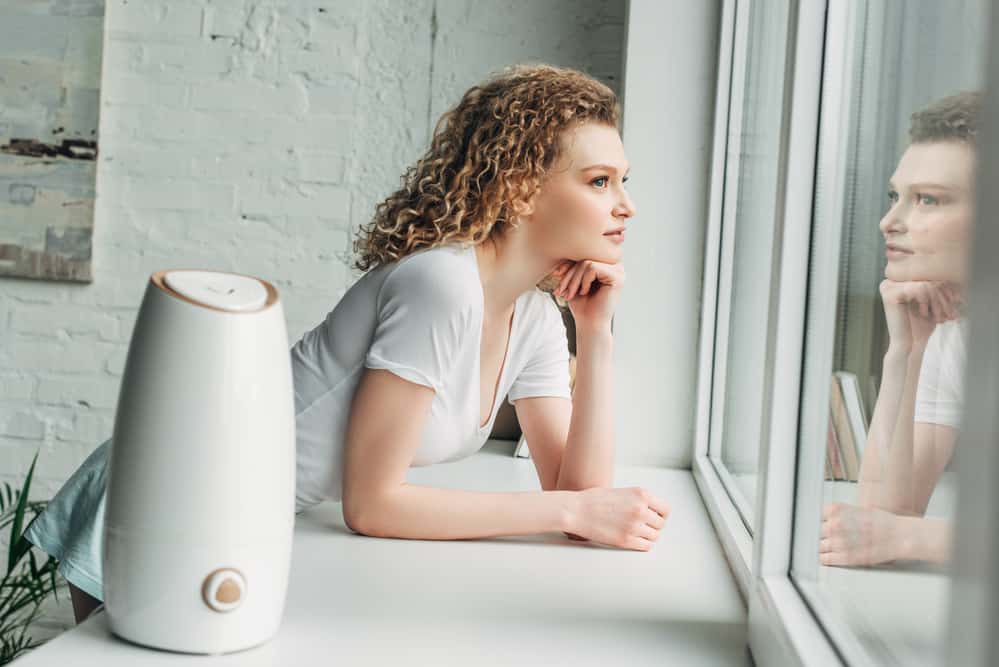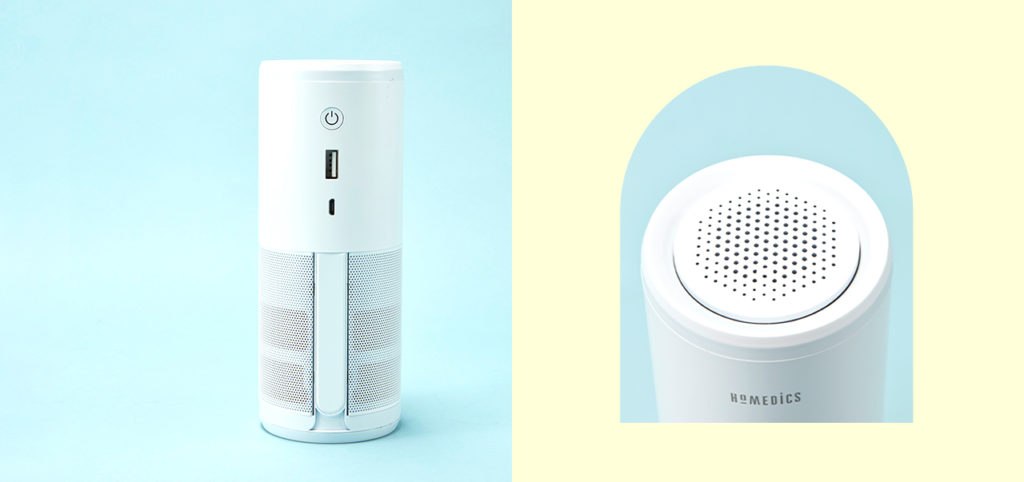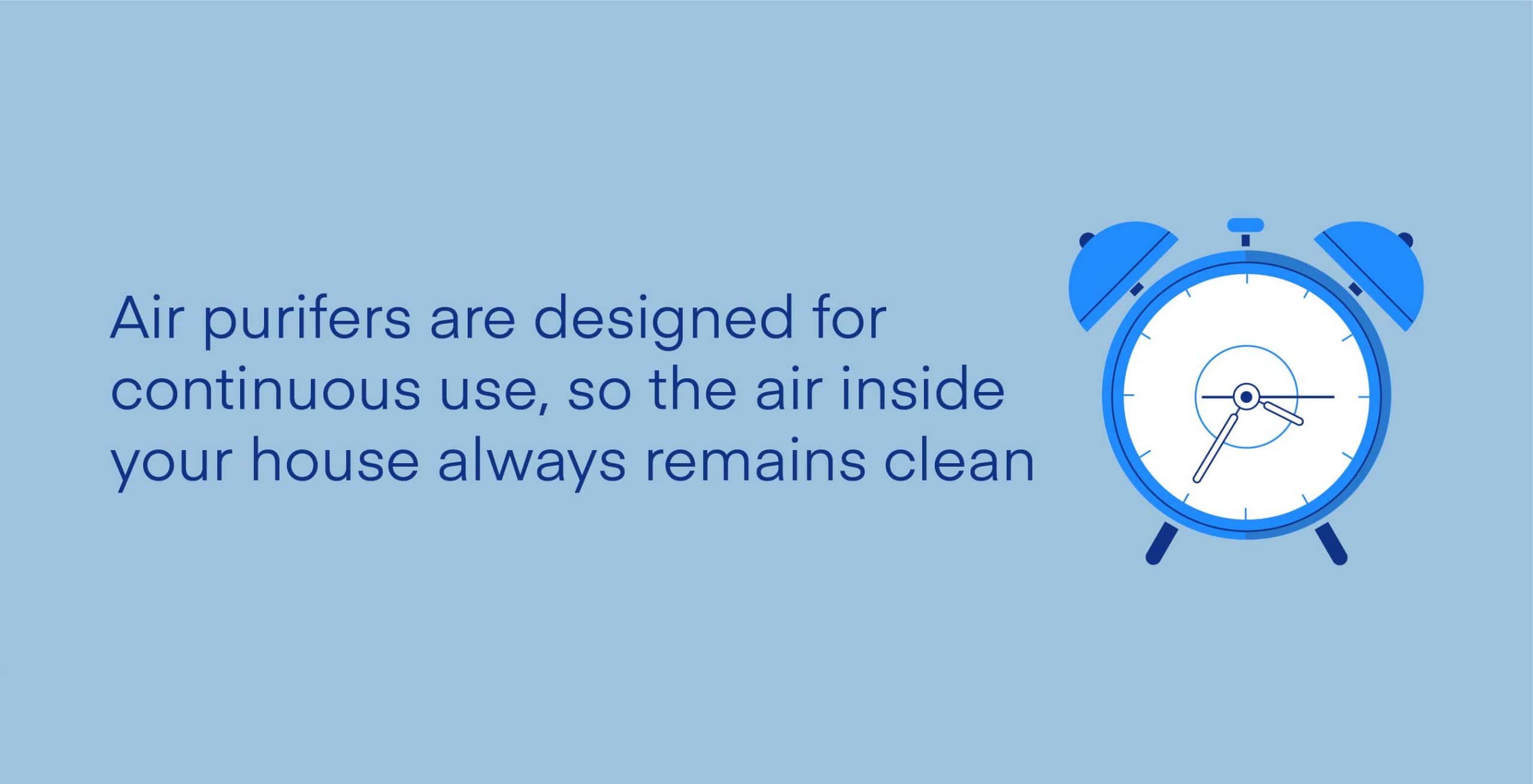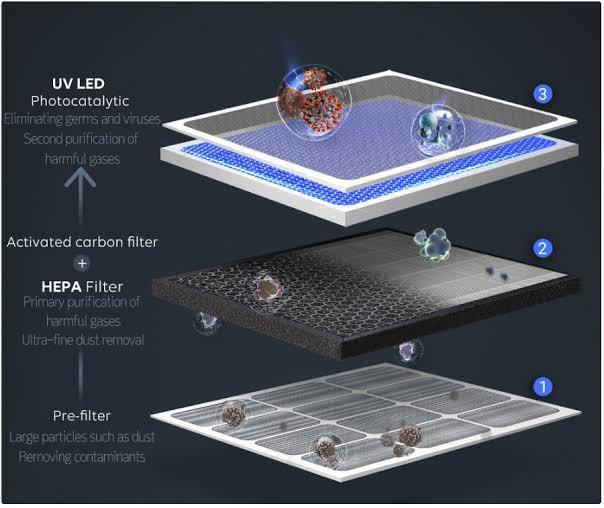Table of Content
For smarter handling of actions like ordering a taxi, food, and answering general knowledge questions-Google will serve you better. Further, Google is more perfect in grasping your commands, while Alexa needs more specific commands. Both Alexa and Google Assistant devices feature microphones that are always listening for a “wake word,” like “Alexa” or “Hey, Google” . Keep in mind that with Google Assistant speakers there are some music apps that only work if you Chromecast them—which means streaming them over Wi-Fi from your phone to the speakers.

Google hasn’t yet solved the problem of syncing its speakers with a Chromecast. Currently Alexa can speak English, French, Spanish, German, Italian, Hindi, Japanese, and Portuguese. Alternate dialects may be available, and sometimes, multiple languages can be used simultaneously. In the US you can choose not just English or Spanish, but a combination of the two if you’re in a multilingual household.
Best digital assistant: Alexa
If you try to ask “Alexa, turn on the lights and tell me what the weather forecast is for tomorrow”, you’ll find that it’ll only deal with one of the things you’ve asked. Despite Google’s fine performance in this arena, the integration of the popular Skype service and intercom feature put Alexa slightly over the top. In the end, Alexa gets the edge here, thanks to having slightly more integrations, including with a service as big as Apple Music and Apple Podcasts, which is still the largest podcast directory around.

However, if you're using the Nest Hub Max, and have the Look and Talk feature turned on, you can issue commands to your Google Assistant without the need for a wake word. All you have to do is look at the Nest Hub Max and start talking. One of the drawbacks of using a voice assistant is challenges with language, dialect, and accent. It supports more than 40 languages and several dialects for some of those languages. Both virtual assistants let you Make Phone and Video Calls and send messages.
Google Home vs. Amazon Alexa
While both do pretty well in the case of general knowledge and extendability, for example, if you want the broadest possible support for music and podcast services, Alexa is probably the one to pick. If, on the other hand, you have a household with multiple people in it, each of whom want to get their own personal information via a smart speaker, Google Assistant might be a better choice. Alexa vs. Google Assistant is the Ali/Frazier of voice assistants. Both are backed by two of the heavyweights of tech, and both offer, on paper, many of the same features and functionality.
You can pick up the Google Home Mini in a range of colors, with four flashing LED lights illustrating when it's listening to your commands and showing the volume level. Stepping down from those models, the Echo Dot has a bit of an edge over the Nest Mini, which has fairly weak bass and midrange. Of course, these smaller speakers are much more suitable for nightstands and desks than serving as a room's main audio device. On my phone I tend to use Google Assistant more because I find it better for the type of things I do on my phone, eg consuming media, general questions etc. I don’t use HA for that type of thing so Alexa is used mainly for home automation which means the two coexist quite happily doing different things.
Ring Spotlight Cam Pro review: This premium outdoor camera really lights up the night
This is a bit clunkier than Google Home, since you need to select a category first before controlling an individual device. For faster access, you can group devices or add them to your favorites, which places them in an easily accessible spot on the devices tab of the Alexa app. On the other hand, Alexa only offers personalized shopping, limited media options, calling, and messaging. However, Alexa has Guest Connect so you can access your own data and preferences on a friend’s Echo device.

And Alexa offers an intercom feature that lets you broadcast a message to all other Echo devices in your home. We recommend going with Alexa if you want the most home integrations. It works with thousands of supported smart home devices and is the most capable platform for setting up your connected abode. After a voice-powered assistant that can reply in a humanlike manner and deal with the most requests?
Hire Flutter App Developers
The limit is to stop accidental orders when you are using voice commands and can’t see what you’re ordering. If you haven’t ordered anything similar previously, Alexa will call out options including the price that you can decline or accept. Obviously, if you’re going to be speaking commands this is one of the biggest factors to consider. While they can perform many of the same basic functions, each has its pros and cons and many of these depend on what music service and appliances are in your home now. Support for viewing and controlling devices with the Alexa mobile app. Things are faster with Alexa, as it does what you ask in a split second.

Google has 18,000 skills to offer including ordering Pizza, booking Uber, and others. Home offers you YouTube Music, YouTube TV, Google Play Music, SiriusXM, Pandora, and iHeartRadio. Our employee encountered minimal problems with Google Home in recognizing his voice commands.
For Google, you can add anyone to your home for free as long as they have a Google account. This includes supervised accounts that you create for children using Google Family Link. Both brands have location-based reminders where you can get a reminder upon arriving home, to work, or custom location. For example, if you ask for a reminder to get eggs at Walmart, the smart assistant will ask which store you want to use and give you a reminder on your smartphone when you get there. Want to make reservations at a restaurant or order food for pickup? This is possible too, though you might have to set up a preferred service like Grubhub or DoorDash.

We tasked each of the digital assistants with a battery of 20 general-knowledge questions. If you're interested, we have a lot more to say about these companies. Check out our related articles below to explore what they can do and see our favorite devices for each. Alexa and Google Home each support up to six user accounts, though Google handles its accounts much better than Alexa.











